THE HAGUE, Netherlands — France and the United Kingdom, Europe’s two nuclear-armed powers, have agreed to coordinate their atomic arsenals in response to major threats against the continent.
The decision comes as part of a series of defense agreements signed by French President Emmanuel Macron and U.K. Prime Minister Keir Starmer on Thursday.
While nuclear coordination is set to deepen under the agreement, as is nuclear research cooperation between France and Britain, the document makes it clear that the atomic arsenals will not be fused entirely.
“The respective deterrents of both countries are independent but can be coordinated,” the U.K. government said in a press release. The idea is to achieve a political, not an operational, integration of the two nuclear forces.
The move comes amid a rapidly changing security environment that has European leaders scrambling to rearm and lessen their dependence on Washington as a security guarantor.
As Russia has intensified its war against Ukraine, a conflict portrayed domestically by President Vladimir Putin as a struggle against NATO, and with defense leaders in Washington turning their attention to the Pacific, there has been talk here about a “Euro deterrent” for some time.
The latest Franco-British move is the closest the continent has come to such a strategic capability, at least on paper.
While the exact text of the new nuclear signed agreement has not been publicly revealed at the time of writing, the UK government said that it stipulates “there is no extreme threat to Europe that would not prompt a response by both nations.”
The French president’s visit to London also spurred a flurry of other military agreements, including to jointly develop a new cruise missile that will replace Storm Shadow/SCALP, to collaborate on developing advanced anti-drone weapons, and to jointly develop the next generation of beyond-visual-range, air-to-air missiles for the Royal Air Force.
Additionally, the meeting yielded an update to the Lancaster House treaties, a defense framework between London and Paris dating back to 2010. The new version will add the objective of operational force integration in new domains like space and cyber.
Also part of the defense agreements is an industrial component, with the governments targeting an “Entente Industrielle” that can turbo-charge the military equipment production of both countries.
The threatening security environment in which Europe finds itself has prompted a marked shift in the thinking of leaders across the continent. Macron, in particular, has stood out as pushing for greater European integration, albeit mostly under French leadership. He has floated the idea of extending the French nuclear umbrella to the rest of the continent several times since Russia’s invasion of Ukraine, with mixed results.
The U.K., for its part, has found new warmth from European capitals since the return to power of the more pro-European Labour Party, and in light of the country’s active role among the “Coalition of the Willing,” a loosely structured group supporting Ukraine.
Linus Höller is Defense News’ Europe correspondent and OSINT investigator. He reports on the arms deals, sanctions, and geopolitics shaping Europe and the world. He holds a master’s degrees in WMD nonproliferation, terrorism studies, and international relations, and works in four languages: English, German, Russian, and Spanish.
Read the full article here

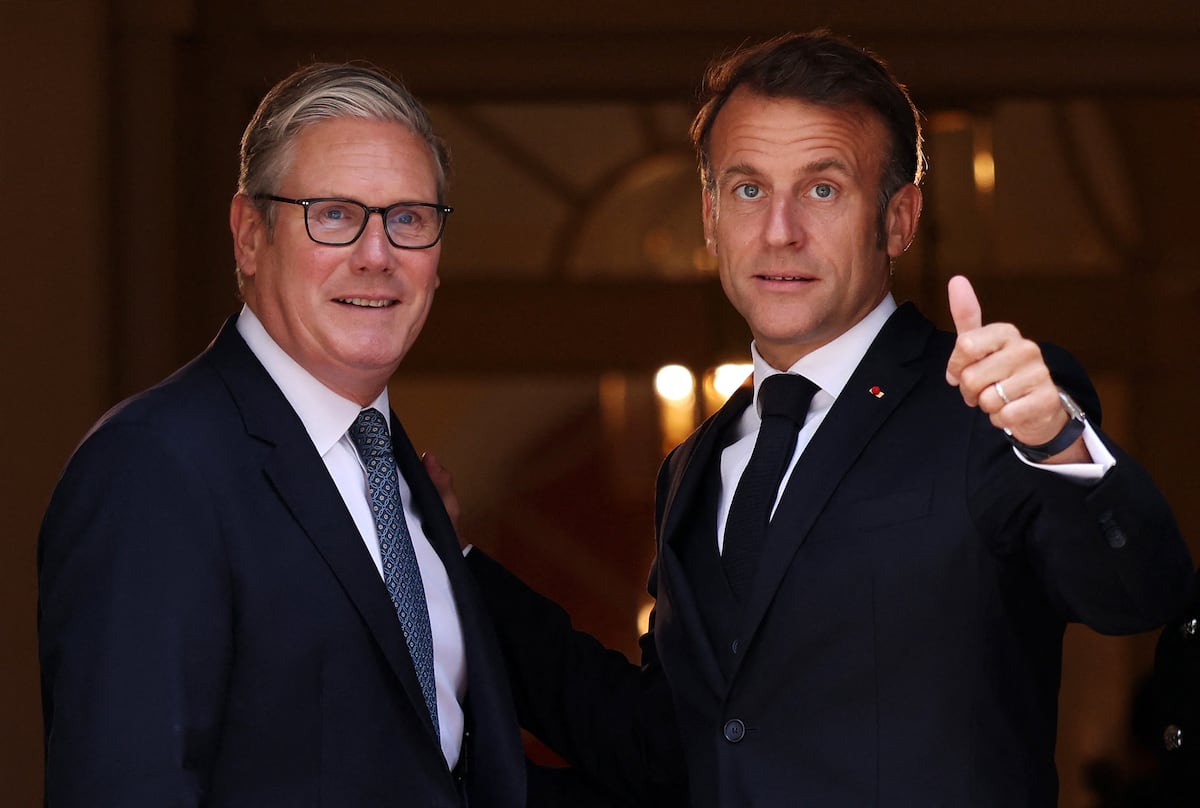
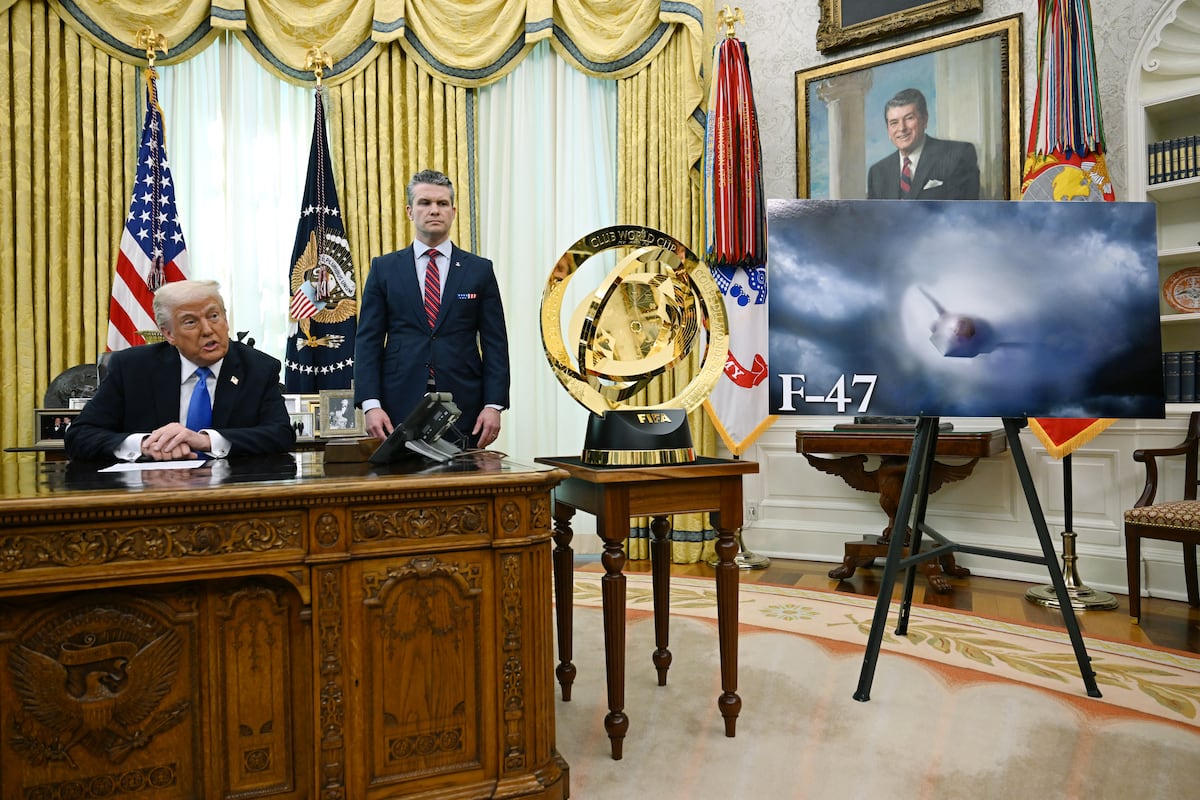

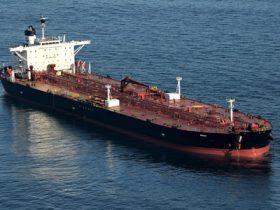
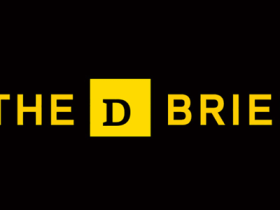
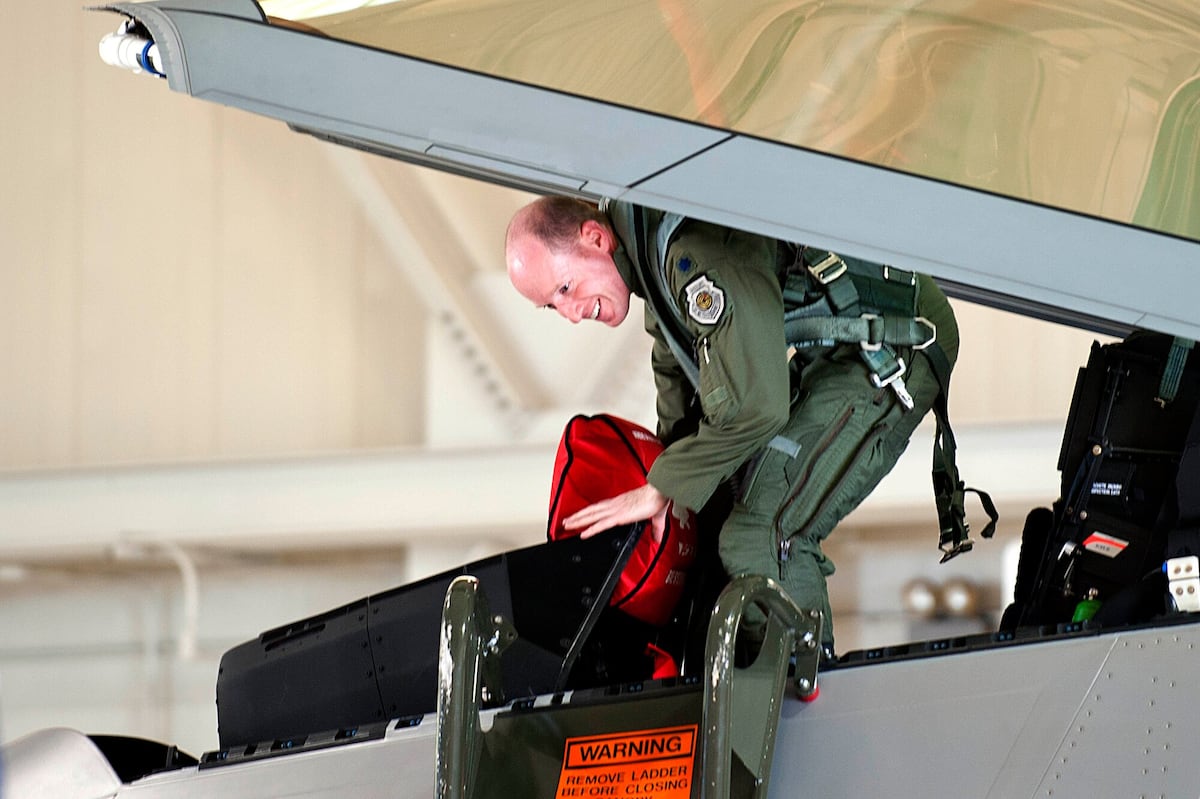
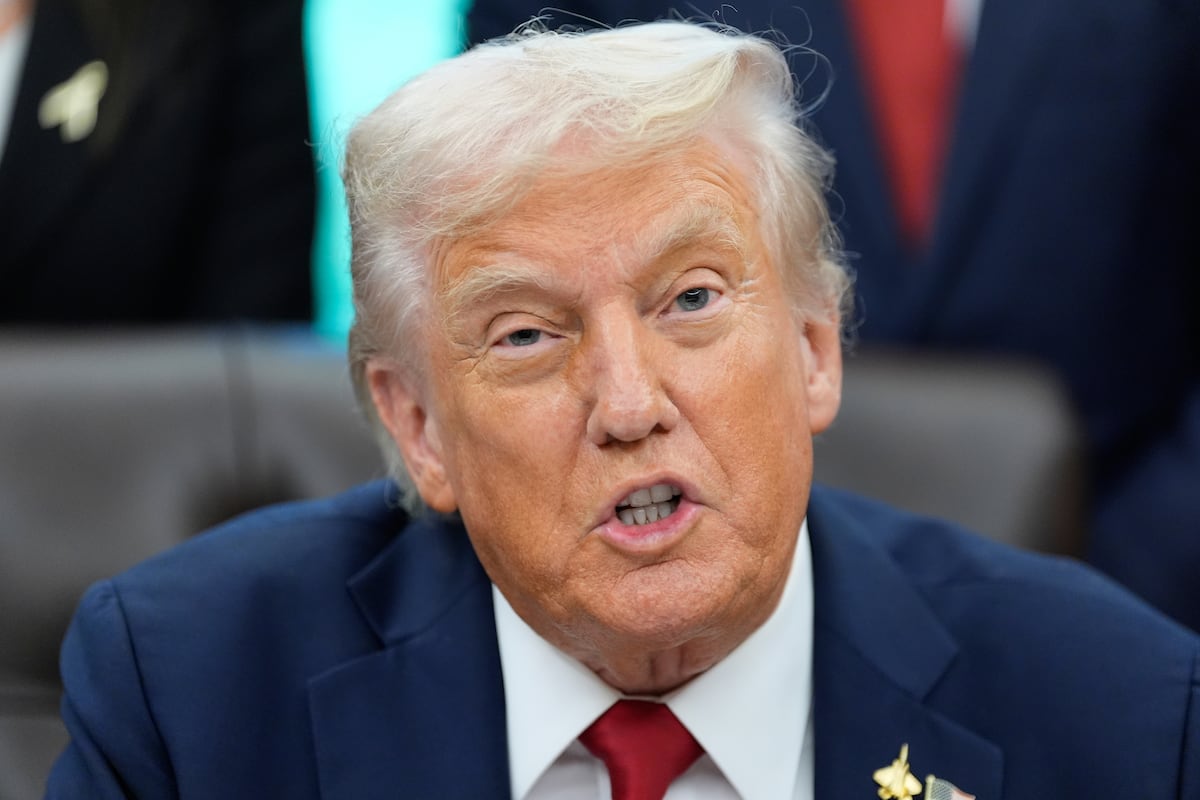
Leave a Reply